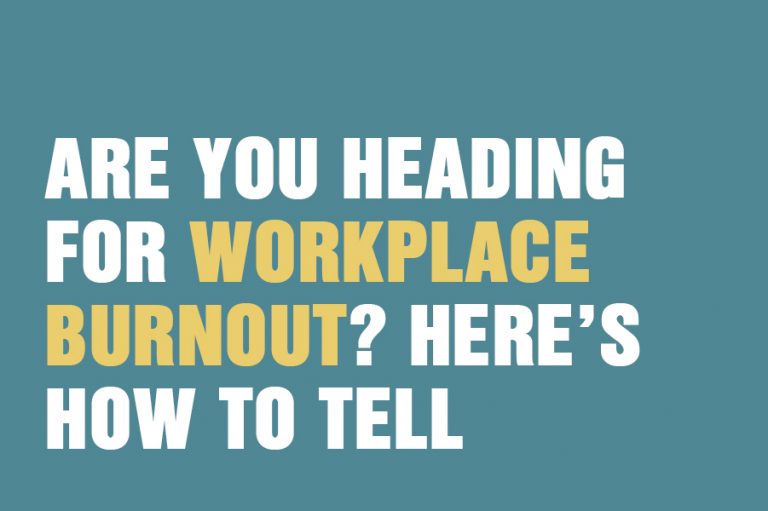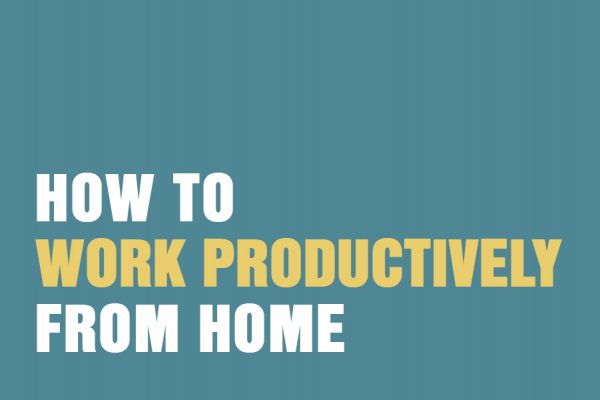Workplace stress is on the rise, with recent surveys revealing that up to half of employees are experiencing symptoms of stress – and many don’t know what to do about it. Stress can generally be managed if it’s occasional, and if it’s an exception rather than the rule. But if stress becomes the norm and you feel overworked – and you’re constantly exhausted, stressed, frustrated and increasingly inefficient at work – then you may be heading for burnout.
While burnout is not a medical condition as such, it has been classified as an “occupational phenomenon” in the 11th revision of the World Health Organization’s International Classification of Diseases (ICD-11). It’s been described as a “reason for which people contact health services” but is not a disease or a condition.
ICD-11 says: “Burnout is a syndrome conceptualised as resulting from chronic workplace stress that has not been successfully managed.” It has three aspects:
- Feelings of energy depletion or exhaustion.
- Increased mental distance from one’s job, or feelings of negativism or cynicism related to one’s job.
- Reduced professional efficacy.
ICD-11 adds: “Burnout refers specifically to phenomena in the occupational context and should not be applied to describe experiences in other areas of life.”
It may help to recognise and notice the warning signals that you might be heading to burnout.
Some early signs of burnout
- You dread going to work – and Sunday evenings are your bleakest time of the week.
- Your inability to switch off and relax affects your downtime at weekends.
- The 24/7 expectations of work culture leave you feeling frazzled. You’re expected to be always on, but you feel mostly off.
- You moan to colleagues about how you don’t enjoy work any more, but you don’t have the energy to search for a new position.
- You’re more withdrawn and can’t be bothered getting involved with workplace life.
- Workplace relationships can become strained – especially with bosses.
- You believe you work incredibly hard, but you feel less and less productive and useful.
- You need to do things perfectly and end up procrastinating because nothing will ever be perfect in your eyes.
- Decision-making is becoming agony because you’re never sure you’ll make the right choice.
- You begin to feel held together by fragments that can tear at the slightest thing. It’s often the little things during the day that make you snap – like traffic lights always turning red when you approach, forgetting your umbrella when a downpour’s brewing, or a manager forgetting to copy you in to an important email.
You may want to take action before you reach that stage, but burnout can creep up slowly without you realising it. The stress of the everyday can trump any attempt at self-care, and feeling constantly on the edge may become so familiar to you. Yet it’s fundamental to look after yourself and your needs before you reach breaking point.
Some ways to protect yourself against burnout
Speak to your boss or HR
Organisations have a duty of care to their employees, whether its mental or physical health. How approachable your manager is, and how supportive the organisation is, can of course vary from employer to employer. But if they don’t know then they can’t do anything about it. If they know about your difficulties, then the onus is on them to support you through it.
Address your work-life balance
This can mean different things to different people. For some it may mean a more flexible working week – perhaps with one or two days worked from home. For others it may mean setting stronger boundaries between work and home life. Reflect on what it means for you to have more balance in your life and take one step towards achieving that.
Review your time management
Make a detailed note of how you spend your time during the week. You may be surprised at how much time you waste on unnecessary tasks, or how long it takes you to do things. A lot of stress can be caused by lack of time. Check how you spend your time and seek to become more efficient in how you use it.
Change your relationship with technology
Yes, smartphones can keep us connected with what’s going on in the world. You can reply instantly to the client who emails you at 11pm. But being available for clients at 11pm (unless an urgent, one-off situation) can eat into your wellbeing and leave you feeling depleted. Can that client wait for a reply tomorrow, within work hours? You can start by switching off your notifications out of work hours. Or start by having one tech-free evening a week. Gradually you’ll notice how alert you’ve been to those pings and buzzes and what a relief it is not to have to react instantly to them. Give yourself a tech break and you’ll feel less stressed.
Use your annual leave
Book regular breaks and unwind. Properly. Work can manage without you for a week or so. A total break can make you appreciate your work more, and you can feel fuller and readier to tackle challenges.
Tune into yourself daily
Take a few moments during your day to see how you’re feeling and to keep that overwhelm in check. You can do this through mindfulness techniques such as breathing or journaling or taking a walk round the block.
Talk to someone you trust
It’s not a sign of weakness to admit that you’re struggling with the pressures of work. Opening up can be the first step to changing how you interact with your stressors and to finding healthier ways of negotiating your responses to workplace pressures.
If you’re feeling burned out and are looking for professional support to help you feel more like yourself again, get in touch with us. We have appointments available seven days a week at our centres in Clapham and Tooting. Call 020 8673 4545 or email [email protected].







